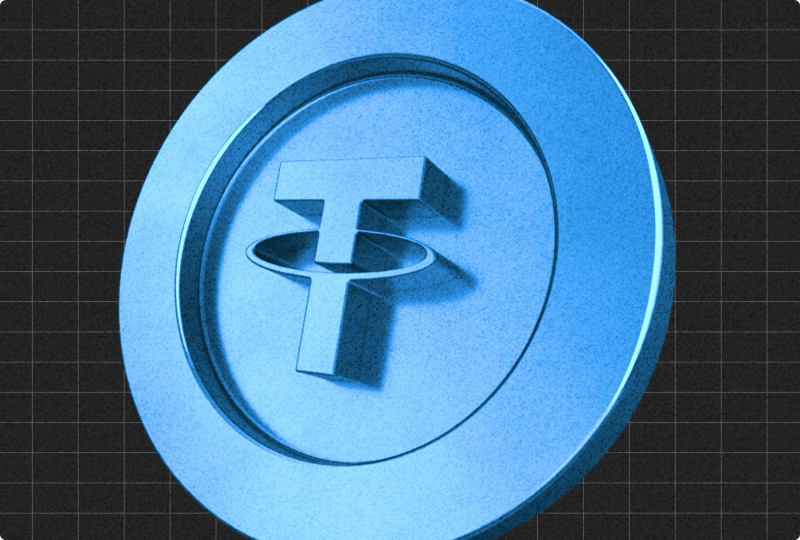Top LocalMonero Alternatives to Consider in 2025
Dec 16, 2024
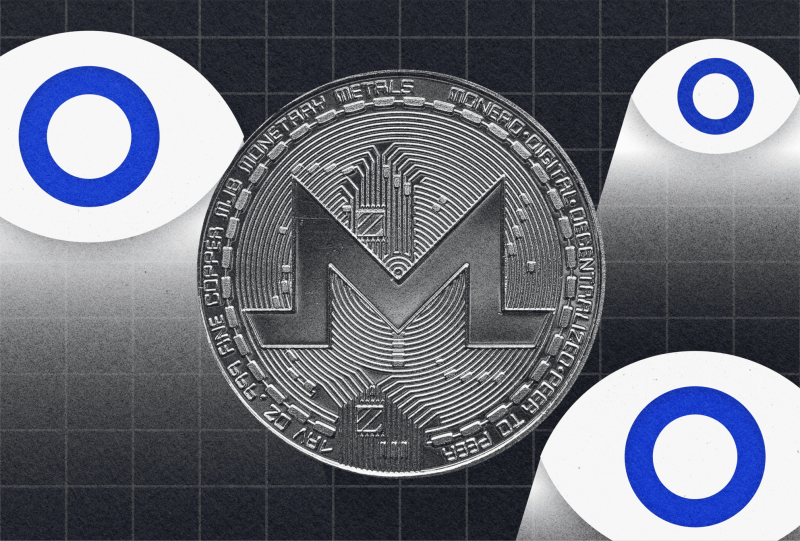
The cryptocurrency trading field faced a significant shift with LocalMonero’s announcement of its permanent shutdown in May 2024. As one of the last remaining platforms offering anonymous, no-KYC P2P Monero (XMR) trades, its closure has left privacy-conscious traders searching for viable alternatives in an increasingly regulated market.
Whether you’re seeking an instant cryptocurrency exchange, a custody-free experience, or a decentralized platform, there are numerous options to explore.
In this guide, we’ll review the top LocalMonero alternatives to consider in 2025. We’ll explore platforms that support multiple digital currencies, offer competitive trading fees, and provide unique features like advanced peer-to-peer exchanges and innovative mining and investment tools.
Key Takeaways:
- LocalMonero’s shutdown in May 2024 has created a significant gap in privacy-focused P2P Monero trading, prompting users to seek alternative platforms.
- Bisq emerges as the leading LocalMonero alternative, offering decentralized trading capabilities and no-KYC requirements while maintaining robust privacy features.
- Prioritize security and user-friendly interfaces when choosing the best platform for your cryptocurrency transactions.
- Compare key factors like trading fees, supported cryptocurrencies, and margin trading options before making your decision.
Briefly About LocalMonero
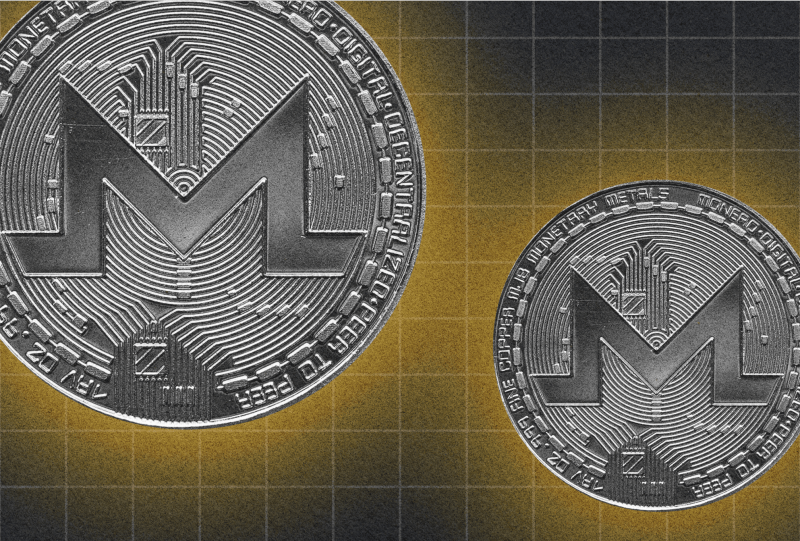
LocalMonero was a peer-to-peer (P2P) platform designed specifically for trading Monero (XMR), a cryptocurrency known for its strong privacy features. Launched in 2017, LocalMonero enabled users to buy and sell Monero directly with each other in a decentralized manner.
LocalMonero aimed to create a secure and user-friendly peer-to-peer platform, enabling individuals to trade their local currency for Monero from anywhere in the world.
Users could post advertisements specifying their preferred payment method – such as bank transfers, cash, online payment processors like PayPal, or even gift cards. Other users responded to these ads, and LocalMonero required the Monero seller to place an arbitration bond equal to the trade amount.
When the seller confirmed receipt of payment from the buyer, the Monero was transferred, and the arbitration bond was returned to the seller. Additionally, LocalMonero offered mediation services if any disputes arose.
Here are some key aspects of LocalMonero:
Privacy-Focused
Monero itself is a privacy-focused cryptocurrency that uses advanced cryptographic techniques to obscure transaction details. LocalMonero emphasized this focus on privacy by providing a platform where traders did not need to disclose sensitive information to intermediaries, supporting private, person-to-person exchanges.
Escrow Service
To protect both buyers and sellers, LocalMonero used an escrow service that held the Monero tokens during the transaction. Once the payment was verified, the Monero was released to the buyer, reducing the risk of scams and ensuring secure transactions.
Payment Options
LocalMonero offered various payment methods for buying and selling Monero, including bank transfers, cash, and other popular payment systems. This flexibility made it accessible to users in different regions and with varying payment preferences.
Geographic Flexibility
LocalMonero’s peer-to-peer model allowed users from around the world to find local buyers or sellers, which could help avoid specific regulatory issues. This flexibility was helpful in regions where centralized exchanges may have had restrictions or higher fees.
User Reputation System
To enhance trust within the community, LocalMonero used a reputation system where users could view each other’s trading history, ratings, and feedback from previous transactions.
Low Fees
LocalMonero’s fee structure was typically low compared to traditional exchanges, making it a cost-effective option for Monero enthusiasts focused on privacy and decentralization.
LocalMonero was popular among those who prioritized privacy in their crypto transactions and preferred a peer-to-peer platform where they had more control and could trade without disclosing personal details to a third party.
LocalMonero emphasized human interaction in trade. Unlike centralized cryptocurrency exchanges, each trade on LocalMonero was conducted directly with another individual, making transactions faster and more streamlined by removing corporate intermediaries. Users received their Monero instantly.
Furthermore, LocalMonero’s model allowed support for every payment method embraced by its user community, which helped users without traditional banking access buy and sell Monero. To protect buyers, every transaction on LocalMonero required sellers to post an arbitration bond.
Why Consider LocalMonero Alternatives?
In May 2024, LocalMonero announced it was shutting down. This closure marked the loss of one of the last remaining bastions of truly anonymous P2P crypto trading. Expectedly, the shutdown has left privacy-conscious traders and investors scrambling to find viable alternatives that can replicate the platform’s anonymity and ease of use.
As of 2024, the options for anonymous P2P Monero trading are limited due to a persistent crackdown by global financial regulators on privacy coins and services. However, some LocalMonero alternatives remain, offering a way forward for users intent on maintaining privacy in their trades.
The closure announcement took many by surprise. LocalMonero did not provide a detailed explanation for the decision, citing only a combination of “internal and external factors.” Although the announcement did not specify any particular external pressure, it’s widely believed that increasing regulatory hostility toward privacy-centric crypto services likely influenced the decision.
This left LocalMonero users with an urgent need to find replacement platforms. The platform has not accepted new users or buy/sell listings since May 7, 2024. All users had to finalize or cancel their trades by November 7, 2024, which also marks the deadline for withdrawing funds from the platform. After that date, any unwithdrawn funds are considered forfeited.
With LocalMonero’s effective shutdown, finding suitable alternatives is crucial for those who wish to continue enjoying private, secure Monero trades.
Fast Fact:
Problems for LocalMonero were compounded mainly by pressure from regulatory authorities on privacy coins. Crypto exchanges OKX, Binance, and Coinbase have all proactively delisted privacy-preserving tokens like Monero and Zcash (ZEC), leaving services like LocalMonero one of the few places to purchase XMR.
Top LocalMonero Alternatives
LocalMonero established itself as a trusted peer-to-peer XMR trading platform, gaining widespread adoption due to its anonymous transaction capabilities and secure end-to-end encrypted messaging system.
The platform distinguished itself by accommodating traders worldwide with diverse payment methods and rates, allowing users to filter offers based on their location, preferred payment options, and desired currency pairs.
When seeking alternatives to LocalMonero, users should prioritize platforms that maintain similar core features: absence of KYC requirements, support for P2P transactions, Monero compatibility, and fiat currency exchange options.
However, finding direct replacements has proven challenging due to increasing regulatory pressure on privacy coins, which has forced many platforms to abandon their privacy-focused approaches to XMR and P2P trading.
Given these circumstances, it’s worth noting that while various platforms may offer similar features, no current alternative fully replicates LocalMonero’s comprehensive functionality, making the available options mere approximations rather than true replacements.
Here’s a look at some platforms that might serve as suitable replacements.
1. Bisq: The Leading Decentralized Alternative
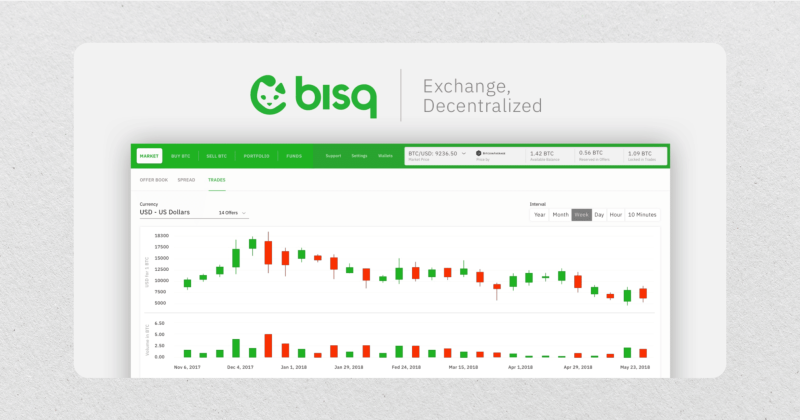
Bisq stands out as the most comparable LocalMonero alternative, offering:
- Key Features: One-day settlement period for altcoin trades; “Altcoins Instant” option for hour-long settlements; Comprehensive transaction verification system; Compatible with major Monero wallets.
- Pros: Decentralized trading infrastructure; No KYC requirements; Substantial XMR trading liquidity; Advanced proof-of-payment systems; Automated confirmation features.
- Cons: The user interface might be less beginner-friendly than centralized exchanges.
2. Haveno: The Promising Future Alternative
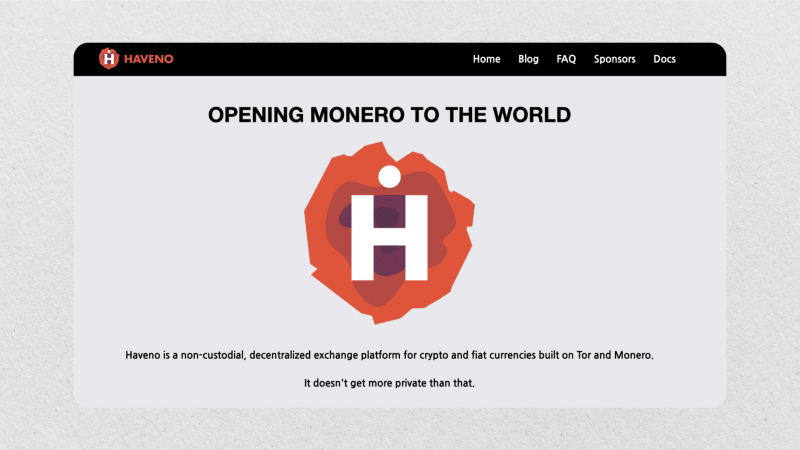
The full launch of Haveno is expected by the end of 2024.
- Key Features: Fork of Bisq with a focus on user experience, offering simplified transactions and a more user-friendly interface; Has decentralized exchange architecture and built-in Monero privacy features.
- Pros: It prioritizes privacy like Bisq, offers a smoother user experience, and supports XMR trading. It also supports multiple fiat currencies and offers a non-custodial trading system.
- Cons: May have lower trading volume compared to established platforms.
3. Changelly: Instant Exchange
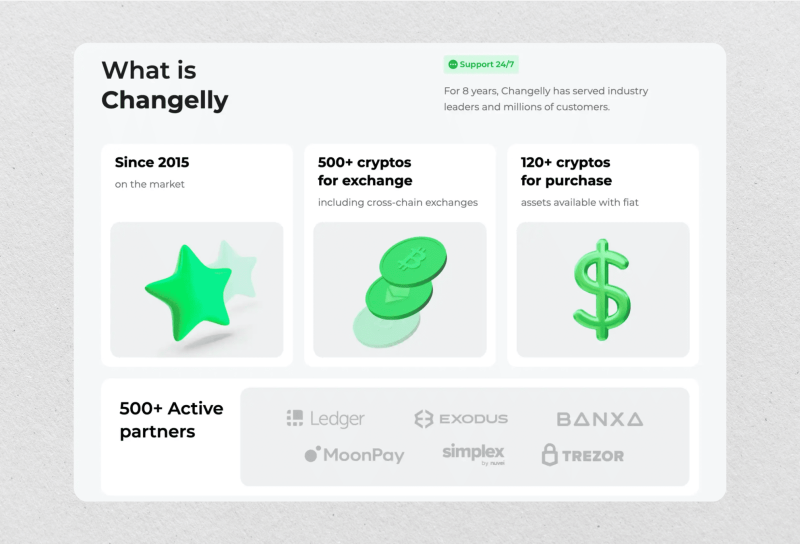
- Key Features: User-friendly platform for instant cryptocurrency swaps without registration.
- Pros: It offers convenience with a focus on speed and ease of use and supports XMR exchange.
- Cons: There might be slightly higher fees compared to other options.
4. WhiteBIT: Centralized Exchange
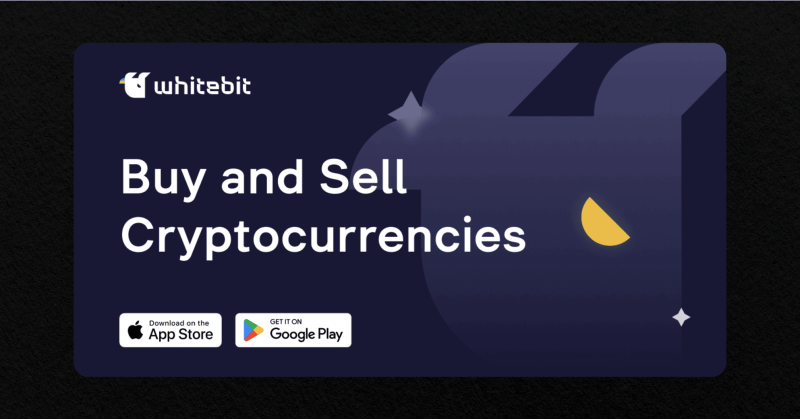
- Key Features: Secure and reputable local trader exchange with a wide range of supported cryptocurrencies, including XMR.
- Pros: Offers competitive fees, high liquidity, and a user-friendly platform for cryptocurrency trading.
- Cons: Requires registration and KYC verification for some features.
5. Paxful: Global P2P Marketplace
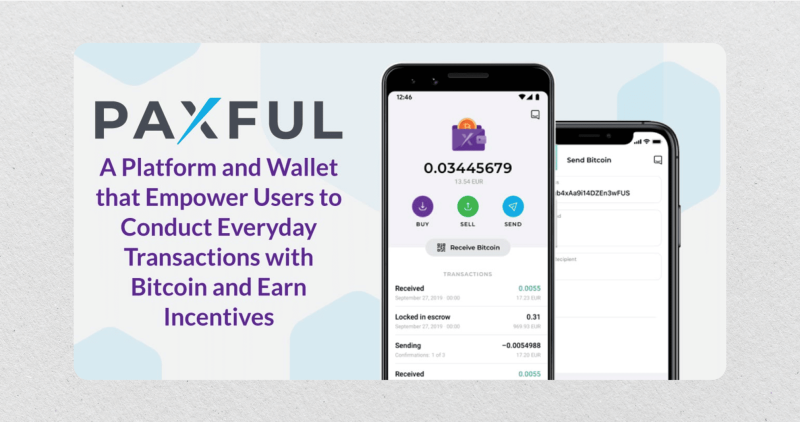
Paxful is a leading peer cryptocurrency exchange known for its robust security protocols and vast user base.
- Key Features: Enables users to trade digital currencies across more than 160 countries; Accepts over 300 payment methods, from bank transfers to digital wallets, making it easy to buy and sell crypto assets; Has a trusted escrow system that adds security to peer-to-peer trading transactions.
- Pros: Paxful is ideal for crypto investors seeking a secure, accessible platform that allows easy trading with multiple payment options.
- Cons: There may be stricter seller verification processes and the potential for scams if you are not careful.
6. LocalCoinSwap: Bitcoin Global App
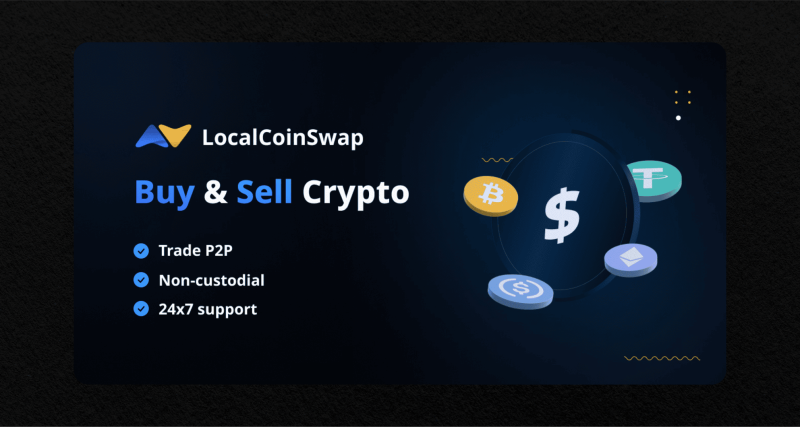
Exchange Bitcoin, Ethereum, and other popular cryptocurrencies using secure smart contracts and Bitcoin scripts alongside wallets where you control the private keys.
- Key Features: Established P2P marketplace with a long track record for secure cryptocurrency trading.
- Pros: It offers local trader options and a user-friendly interface, and it supports XMR trading.
- Cons: Might have lower trading volume for XMR compared to other cryptocurrencies.
7. Hodl Hodl: Escrow-Based P2P Crypto Exchange
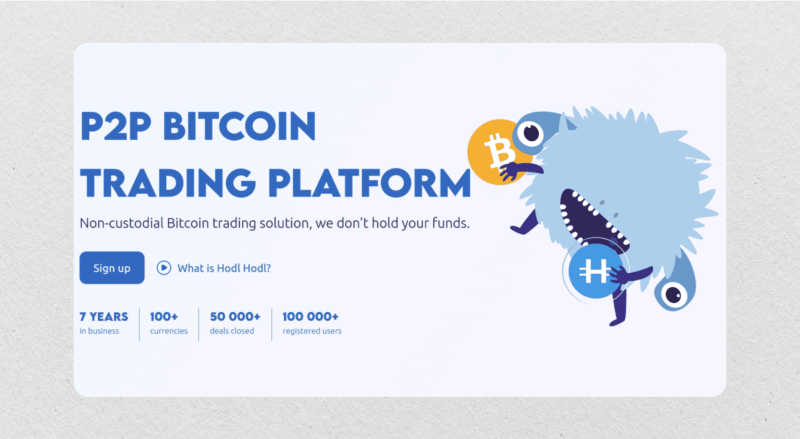
Hodl Hodl offers a unique approach as a custody-free cryptocurrency exchange, meaning it does not hold users’ funds. This platform also provides direct crypto options trading, making it a strong contender among LocalMonero alternatives for those who prioritize privacy and control.
- Key Features: Utilizes multi-signature escrow for secure P2P trading with a focus on user safety; Users can view trading volumes and select the best trading pairs.
- Pros: Prioritizes security with escrow services, supports XMR trading, and offers a user-friendly platform.
- Cons: It has a 0.3% fee per trade.
8. 1inch Network: Reliable Crypto Trading App
The 1inch Network unites decentralized protocols whose synergy enables the most lucrative, fastest and protected operations in the DeFi space.
- Key Features: The 1inch Network’s first and flagship protocol is a DEX aggregator solution that searches deals across multiple liquidity sources, offering users better rates than any individual exchange.
- Pros: 1inch Security combines tools and technologies that 1inch has tested over the years. Many of them have been bundled into a SaaS offering called 1inch Shield API, available through the 1inch Developer Portal [https://1inch.dev/], to create a defensible line against bad actors in the decentralized finance (DeFi) space.
- Cons: May have lower trading volume of XRM compared to more established platforms.
9. RoboSats: Specialized Digital Asset Trading Platform
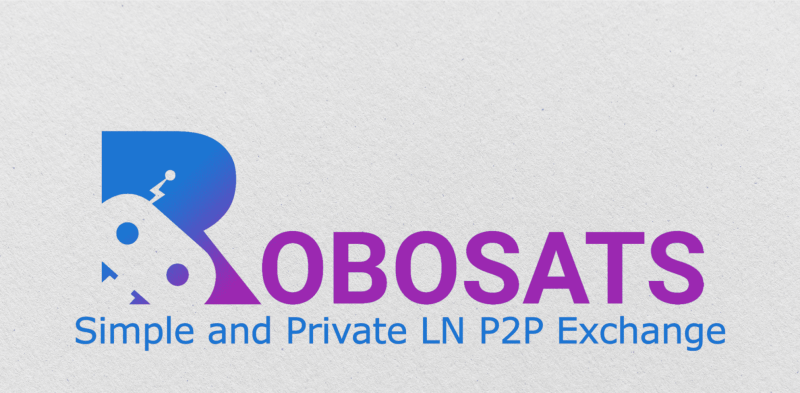
- Key Features: Lightning Network integration and anonymous robot avatars generated for one use; PGP encrypted communication.
- Pros: Bonds and escrows provide high assurance and speed; They offer the best privacy practices; It’s simple and KYC-free; There is no need to input any information, such as username, email, phone number, or username.
- Cons: May have lower trading volume compared to more extensive exchanges.
10. TradeOgre: The Established Yet Controversial Option

- Key Features: No KYC verification requirements; Support for multiple cryptocurrencies; Simple user interface; Direct XMR trading pairs.
- Pros: Offers a user-friendly interface, low fees, and a strong emphasis on privacy.
- Cons: They may have lower liquidity compared to larger exchanges, have a history of transparency issues, and have cryptocurrency-only deposits.
The ecosystem extends to include specialized services like DAIHard for Dai/xDai conversions, StealthEX for anonymous custody-free exchanges, and BitValve for access to over 300 payment options. Regional players have also gained prominence, with WazirX serving the Indian market, Binance P2P offering services across multiple continents, and Mexo catering to the LATAM region.
Each platform brings its own security features, payment method support, and user interface innovations, allowing crypto traders to choose based on their specific needs for privacy, convenience, and security measures.
These alternatives collectively demonstrate the maturity of the peer-to-peer cryptocurrency trading ecosystem, offering solutions for everything from simple trades to complex financial operations.
Whether users prioritize privacy with platforms like Monero-focused exchanges, seek the robust security of established players like KuCoin, or need specialized features like CTemplar’s encrypted communications, the market provides options to satisfy virtually any trading requirement.
The continuous evolution of these platforms, with many incorporating advanced features like atomic swaps, smart contracts, and decentralized governance, reflects the growing sophistication of cryptocurrency trading infrastructure and its increasing accessibility to global users.
Features to Look for When Selecting
Before delving into specific platforms, consider your priorities for a LocalMonero alternative. Here are some key questions to ask yourself:
- Do I prioritize privacy and anonymity?
- Do I value instant swaps and convenience?
- Am I looking for local trader options and diverse payment methods?
Top LocalMonero alternatives should prioritize security and privacy. Look for platforms that incorporate two-factor authentication, escrow services, and custody-free cryptocurrency exchanges to protect your assets.
Choosing a platform that supports multiple cryptocurrencies allows traders to diversify portfolios. Platforms like Paxful and Bisq, for example, support a variety of digital assets, enabling seamless options to trade Bitcoin, Bitcoin Cash, and beyond.
Trading platforms should be easy to navigate, even for new users. Peer-to-peer platforms with a responsive, user-friendly interface help streamline the trading process, making it more accessible for all levels of traders.
Look for platforms that include user feedback systems, direct crypto options trading, and escrow protection. These features enhance the user experience and build trust among traders, leading to a safer, more reliable crypto trading environment.
What to Consider When Choosing a LocalMonero Alternative
- Prioritize platforms with robust security measures, including multi-factor authentication, cold storage, and regular security audits.
- Choose a platform with a user-friendly interface, easy navigation, and responsive customer support.
- Compare trading fees, withdrawal fees, and other charges to minimize costs.
- Ensure the platform supports XMR and other cryptocurrencies you wish to trade.
- Consider the available payment methods, including fiat currencies and other cryptocurrencies.
- Opt for platforms with high trading volumes to ensure smooth and efficient transactions.
- Reliable and responsive customer support can be crucial in case of issues or questions.
Conclusion
The closure of LocalMonero marks a significant transition in privacy-focused cryptocurrency trading. While current alternatives may not fully replicate LocalMonero’s comprehensive service, the market gap is likely to drive innovation in decentralized crypto trading services.
Remember: Always conduct thorough research and exercise caution when dealing with cryptocurrency exchanges. Stay informed about the latest developments in the industry and be mindful of potential risks.
FAQ:
Can I still use LocalMonero after May 2024?
No, LocalMonero will cease all trading operations by May 14, 2024, with final fund withdrawals required by November 7, 2024.
Which platform offers the closest experience to LocalMonero?
Bisq currently offers the most similar trading experience, with comparable privacy features and no KYC requirements.
Are these alternatives available worldwide?
Yes, most decentralized alternatives are accessible globally, though the availability of specific payment methods may vary by region.
Is It Illegal to Own Monero?
Monero is not illegal in the U.S., but many countries ban privacy tokens from exchanges, and a few others ban them completely.
Is Monero still safe?
Because every transaction is private, Monero cannot be traced. This makes it an authentic, fungible currency. Merchants and individuals accepting Monero do not need to worry about blacklisted or tainted coins.
How secret is Monero?
Monero has the most complete privacy guarantees of any cryptocurrency. Every transaction hides the sender, receiver, and amount. This is enforced through strict consensus rules. Monero addresses never appear on the blockchain. Instead, funds are transferred using stealth addresses.




